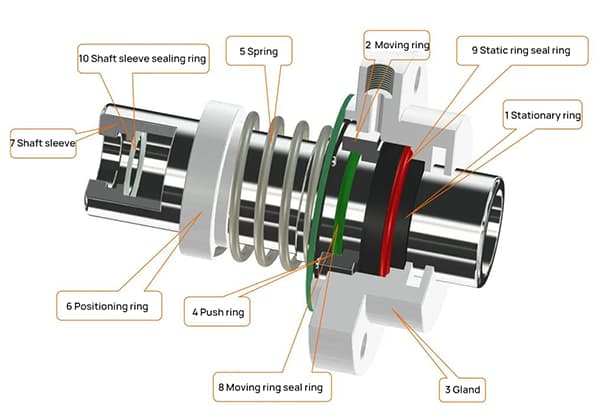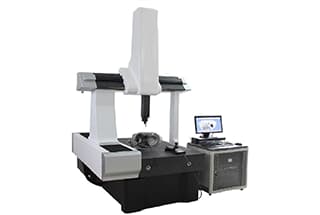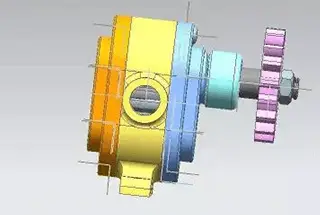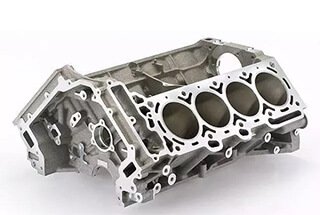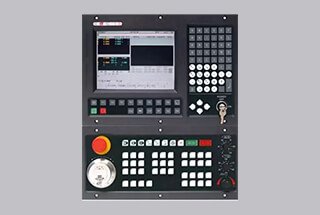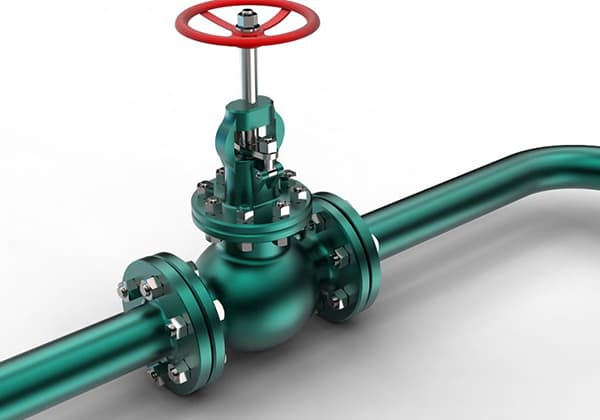
How can manufacturers meet the demands of diverse, small-batch production while keeping costs low? Enter Flexible Manufacturing Systems (FMS). These systems integrate advanced CNC machines, robots, and automated storage with computer control, allowing for efficient, high-quality production with minimal downtime. In this article, we’ll explore the components, benefits, and future trends of FMS, revealing how this technology transforms modern manufacturing by enhancing flexibility and reducing costs. Discover how FMS can revolutionize your production processes and keep you ahead in the competitive manufacturing landscape.

A Flexible Manufacturing System (FMS) typically employs principles of systems engineering and group technology. It connects Computer Numerical Control (CNC) machine tools (processing centers), coordinate measuring machines, material transport systems, tool presetters, three-dimensional tool magazines, workpiece loading and unloading stations, and robots via local area networks.
Under the control of computers and control software, it forms an integrated processing system capable of addressing the multi-variety, small-batch production prevalent in manufacturing industries. This system optimizes the entire process of automated machining.
Since the establishment of the first FMS (System-24) by Molins Company in the UK in 1967, flexible manufacturing technology has garnered global attention and found extensive application in the manufacturing industries of developed nations.
The utilization of flexible manufacturing technology not only resolves the automation issues of mid-to-small and mid-to-large batch multi-variety machining that have persisted for nearly a century, but it also adapts well to the continuously rapid updating of products.
Flexible manufacturing technology is characterized by high flexibility and universality, quick changeover times, short preparation periods, high equipment utilization rates, and the ability to operate unattended 24 hours a day. It also ensures high and stable machining quality while keeping production costs low. Thus, flexible manufacturing technology has become the core technology in the entire field of mechanical manufacturing.
An FMS primarily consists of a multi-station CNC machining system, an automated material storage and transportation system, and a computer-controlled information system.
The multi-station CNC machining system mainly includes processing centers, turning centers, or computer numerical control (CNC) lathes, milling machines, grinding machines, and gear machining tools. These are utilized to automatically complete a variety of machining operations, as well as automatic tool and workpiece changes.
The automated material storage and transportation system is designed for the automatic supply and loading/unloading of workpieces and fixtures, as well as for the automatic transfer, dispatching, and storage tasks between operations. The computer-controlled information system handles various types of information in the FMS.
It outputs the information necessary for the automatic operation of CNC machines and material systems, ensuring the effective management, control, and optimization of medium-to-small batch and multi-variety production within the FMS.
Based on their scale, FMS can be divided into the following four categories:
Flexible Manufacturing Units (FMC) consist of 1-2 machining centers, industrial robots, CNC machine tools, and material transportation and storage equipment. They are adaptable and flexible for machining diverse products.
An FMC can be considered as the smallest scale FMS and represents the evolution of FMS towards cost-effectiveness and miniaturization. Its features include the realization of single-machine flexibility and automation, which are now widely adopted.
An FMS typically includes four or more fully automatic CNC machine tools (such as machining centers and turning centers), connected by a centralized control system and material system. It can achieve multi-variety and medium to small batch machining and management without stopping the machine.
Flexible Manufacturing Lines (FML) are production lines that sit between single or few variety large-volume inflexible automatic lines and medium to small batch multi-variety FMS. Their machining equipment could be general-purpose machining centers, CNC machine tools, or they could employ specialized machine tools or CNC specialized machine tools.
Flexible Manufacturing Factories (FMF) connect multiple FMS lines, equipped with automated three-dimensional warehouses and are linked by a computer system.
They adopt a complete FMS from order placement, design, machining, assembly, inspection, transportation to delivery. It includes CAD/CAM and integrates CIMS into practical applications, realizing the flexibility and automation of the production system, and further achieving comprehensive production management, product machining, and material storage and transportation processes across the entire factory.
FMS represents a novel conceptual model and development trend for future factories, a strategic initiative that will shape the trajectory of manufacturing businesses. Currently, the first-generation FMS, reflecting the overall level of factories, is prevalent and this situation is likely to persist. The Intelligent Manufacturing System (IMS) project, launched by Japan in 1991, is considered a second-generation FMS.
However, a fully developed second-generation FMS is expected to be realized only in the 21st century. At that point, intelligent machinery and humans will integrate and flexibly coordinate all activities from order receipt to production and sales.
FMS saw rapid growth in the mid-1980s, becoming a focal point of production automation. This was due, on one hand, to the development of individual technologies such as CNC machining centers, industrial robots, CAD/CAM, resource management, and other high-tech advancements, which provided a key technological foundation for system integration.
On the other hand, there were significant changes in the global market, transitioning from a traditional, relatively stable market to a dynamic and volatile one. To survive and thrive in this market, businesses began exploring new production methods and business models. In recent years, FMS, as a scientific “philosophy” of modern industrial production and an advanced model of factory automation, has gained international recognition.
It is an intelligent manufacturing system that, based on automation technology, information technology, and manufacturing technology, integrates previously independent processes such as engineering design, production manufacturing, and business management into a complete, organic system covering the entire enterprise. The goal is to achieve overall dynamic optimization, high efficiency, high flexibility, and thus win in competition.
As a frontier technology in the development of manufacturing automation, FMS is set to become the main production model for the mechanical manufacturing industry in the 21st century.
Flexible manufacturing technology has been widely applied in industrially developed countries, with the use of CNC machine tools, machining centers, FMCs, and FMSs expanding. Computer Integrated Manufacturing (CIM) will unify the management of design, manufacturing, sales, and finance via computer, achieving total automation of factory management.
By the 1980s, CIM had become the direction of mechanical manufacturing development, but establishing CIM often requires substantial hardware investments and extended development time.
Meanwhile, due to the rapid development of computer application technology, overemphasis on unified management is unable to adapt to variable production. The concept of CIM is continuously evolving, requiring more flexibility to adapt to rapidly changing production.

